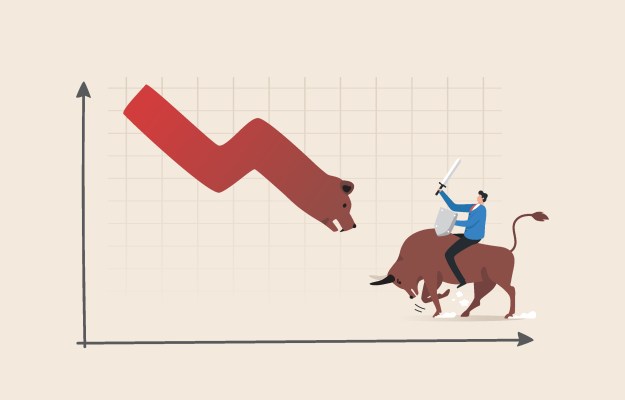The IPOs of Instacart and Klaviyo last week brought much-needed liquidity to the startup ecosystem, enlivening hopes of more exits in the weeks and months ahead. Sure, there have been some mergers and acquisitions in startup land, but massive exits all but require IPOs, so it was great to finally see tech managing a public listing or two.
The Exchange explores startups, markets and money.
Read it every morning on TechCrunch+ or get The Exchange newsletter every Saturday.
Klaviyo and Instacart priced their IPOs strongly after Arm’s own perfectly serviceable listing, and each company’s shares went on to trade above their initial prices.
 However, the momentum didn’t last. Here’s what we have this morning:
However, the momentum didn’t last. Here’s what we have this morning:
- Arm: Went public at $51 per share, traded as high as $69 per share, and is currently worth $50.94 per share.
- Instacart: Went public at $30 per share, traded as high as $42.95 per share, and is currently worth $29.97 per share.
- Klaviyo: Went public at $31 per share, traded as high as $39.47 per share, and is currently worth $32.15 per share.
The three companies saw their shares rise post-IPO only to shed most — if not all — of their post-debut gains in the following days.
We’re at a crossroads now. If the three companies continue to lose ground, we could see investor appetite for future IPOs fall, which could dampen startups and unicorns’ interest in doing their own IPOs. It could even spook private-market investors more concerned about defending their marks than making their LPs wait a bit longer for a cash return.
Tech stocks, more generally, aren’t doing very well today, and even lost some ground in early-morning trading. Still, not all hope is lost. Tomorrow could bring greener numbers, which would also give our recent debuts breathing room — even though it’ll be slim at best.
It’s worth noting that Instacart and Klaviyo have already raised a boatload of capital through their pretty successful IPOs. And, while we always felt their IPOs were notable in their own right, they are more important for what they portend for other companies. After all, there are hundreds of unicorns that, in theory, can and should list next year, and they will want the most welcoming stock market possible, not one that is digesting several deflating exits.
So what?
We’re still waiting for the final Q3 numbers to trickle in, but an early look at PitchBook data for the United States indicates that this quarter had fewer venture capital deals and less investment than Q2, keeping up this year’s trend of quarterly declines in both deal value and volume. Yet another blow for the key U.S. startup market.
We wouldn’t have been as worried about recent tech IPOs losing their momentum if Q3 had seen better VC numbers. But these weak numbers tell us that the private market is losing optimism, and if Klaviyo’s, Arm’s and Instacart’s shares descend further, they may end up exacerbating that loss of confidence.
I’ve been beating the optimism drum a little bit this year, trying to highlight the green shoots in the market. Rising valuation multiples, an uptick in nine-figure rounds, that sort of thing. It’s hard to do so this morning. It was far easier to see the positives in a clutch of IPOs that priced well and traded even better out of the gate. These declines sour the punch.
I suppose we’ll better understand the impact Klaviyo et al. have had on the market based on when, which and what size of tech companies go public next. The longer we have to wait for another tech IPO, the more we’ll be able to reason that the lackluster post-IPO performance of Instacart, Klaviyo and Arm made it less enticing for startups to pull the trigger and go public.
